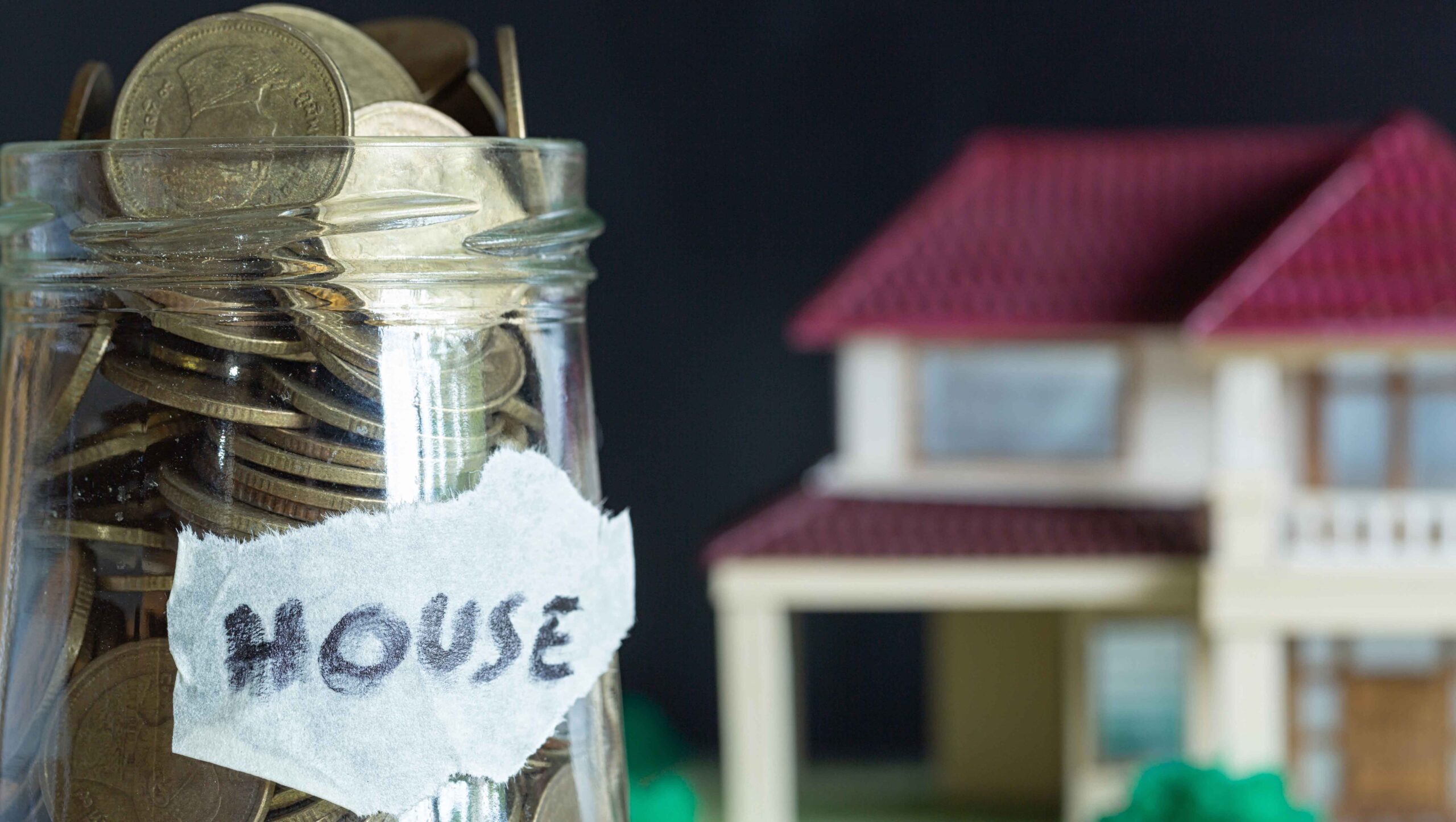Simple saving strategies for your first home

Each year thousands of Quebecers contemplate buying their first home and many have been saving for years in order to make what is often the largest transaction of their lives. Saving in advance for all of the expenses related to purchasing a home – from the down payment to closing costs – can make a world of difference for buyers seeking their first mortgage. How to go about saving for your first home is a weighted topic, as there’s no one-size-fits-all solution.
Down payments
One of the most important factors in purchasing a home is being able to put together enough money for the down payment. While 5% of the purchase price is the minimum requirement, there are advantages to putting more money down. The larger the down payment is, the less you’ll need to borrow, which saves money in interest payments over the long term. With a larger down payment, specifically 20% or more, buyers may also qualify to save on mortgage insurance premiums, which can mean thousands in additional savings. All that to say, there are many benefits to having a large down payment when buying a home, and the best way to achieve that is to start saving.
Sources of down payment
No matter how you’re piecing together the down payment, proper planning is essential. The most common source of mortgage down payment is your savings. This can include money in your chequing or savings accounts, Tax Free Savings Accounts (TFSAs), GICs, stocks, or other types of investments. It’s also common for buyers, especially first-time buyers, to use cash gifts from relatives as part of their down payment. Another source is money being held in a Registered Retirement Savings Plan (RRSP). Through what is known as the Home Buyers’ Plan, Canadians buying their first home are eligible to withdraw up to $35,000 from their RRSP without tax consequences. Ultimately the down payment should be established within the broader picture of a buyer’s personal financial situation. By consulting with a mortgage broker early on, buyers can decipher how to properly allocate their money as part of a comprehensive financial strategy towards home ownership.
Having a plan
Developing a savings plan doesn’t mean simply spending less money. Yes cutting back on expenses and ramping up your savings is the goal, but you need to have a realistic plan that you can stick to long term. That means finding ways to spend less money that don’t impact your lifestyle to the point that you’re unhappy; if you feel too restricted, odds are you won’t stick to it.
A good tactic that doubles as both a useful experiment and effective savings strategy is to create a budget that would reflect what your financial reality would be if you were carrying a mortgage. For instance, let’s say you’re planning to purchase a home for $400,000. With your mortgage and other expenses, you’ve calculated your monthly payments will be roughly $1800.
If your current monthly budget is $1200, start saving the difference in an account, and see how you’re able to function from a lifestyle perspective on the new, higher budget. Doing so helps ensure you’re not stretching yourself too thin, while saving money in the process.
Timing is everything
Once you’ve spoken to the right experts and evaluated your current financial status, there’s absolutely nothing wrong in deciding now isn’t the right time for you to purchase your first home. If together with your mortgage broker you’ve decided the most responsible choice for your personal financial situation is to delay the purchase, allowing more time for savings, there’s zero shame in that.
On the other hand, if your personal financial situation allows for it, current rates are very favourable, meaning now is a good time to be entering the housing market. Orbis’ experts are on hand to help navigate this process with you, and identify the most favourable rates and products tailored to your needs.



